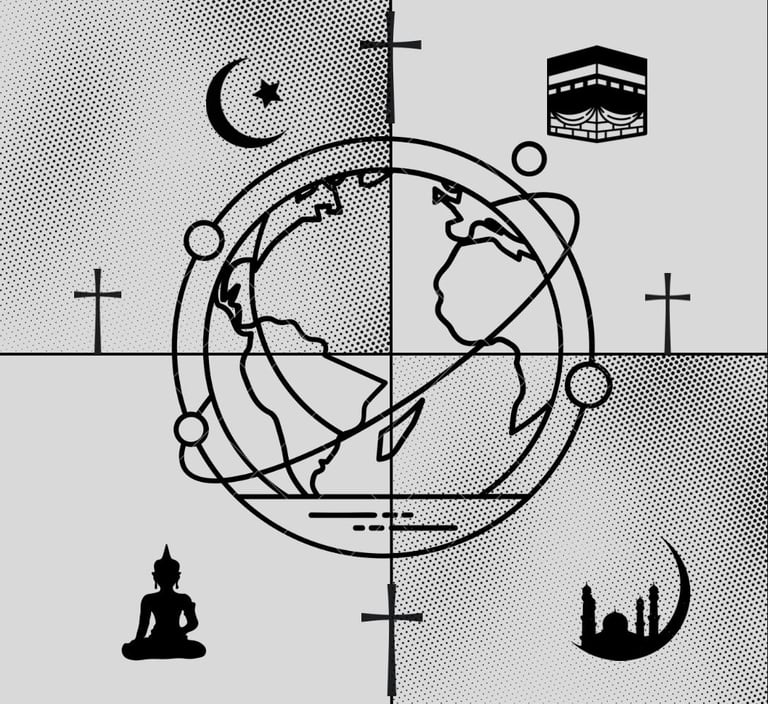Strategizing from 7 cities across the globe
Globalization: Fostering or Impeding Religious Freedoms?
Marina Daniel
Abstract
Although globalization has come to dominate the international arena and internal matters of nation states, its impact remains debatable. Some scholars, i.e. Dawson (2014), have adopted the argument that globalization has impeded the freedom of thought, conscience, and religion, whereby adopting and manifesting certain beliefs is challenged by the rise of a number of norms introduced by globalization. Although the sweeping trends of globalization were assumed to bring the world closer and lessen the differences, an extensive body of literature has focused on the detachments and divisions that globalization has produced. Giddens (1990) pointed out that the current era of post-modernization has safeguarded a better quality of living; yet, it has also exposed citizens to several threats related to identity. Freedom of religion is argued by Bloom, et al (2014). to directly influence the identity of individuals and groups, leading them to become marginalized, incoherent, and segregated from the sweeping ideals of globalization and the liberal agenda.
Globalization has competed with the nation-state over a large degree of its sovereignty. This is specifically due to the rise of international non-governmental organizations and bodies that have been able to socialize states and adopt enforcement mechanisms in order to ensure compliance. It is noteworthy to emphasize that this mode of globalization is referred to as globalization from above, as suggested by Gills (2000). Gills and Giddens share a similar view, proposing that globalization has weakened the state’s local power and functions that were primarily established to keep order, provide goods and services, and regulate state activities. With the weakening of state power, religious groups came to replace the role of the state, through which a number of extremist groups originated.
In contrast with the several connotations and linkages commonly made with the rise of globalization, the human rights status was highly hindered, with an explicit infringement on the right to freedom of thought, conscience, and religion, which are precisely highlighted in the Human Rights Act of 1998. Dawson (2014) argues that the rise of fundamentalism has come out as a response to counteract the ideals associated with globalization. On a similar note, Samimi and Hashem (2014) point out that globalization has paved the way to the formulation of the in-group and out-group belonging. As mentioned earlier, the issue of identity has been heightened primarily following the rise of globalization; this is due to the increasing influence of the West over enforcing a global identity.


Download the full document
Design by Lynn Fanous
About the Author:
Marina Daniel is a seasoned community development and sustainability consultant and the head of the Business Development Unit at Aspire Community Transformation, part of Aspire Consulting International. Marina also works with Giving Circles-MENA as a consultant where she utilizes her business development skills to promote for critical causes in our Middle East.
She holds a Master’s degree in Political Science from the British University in Egypt, specializing in gender mainstreaming, and is currently pursuing a PhD in Law and Politics at UNICAF University, focusing on the increasing social exclusion of refugees in the Middle East, and particularly Lebanon
